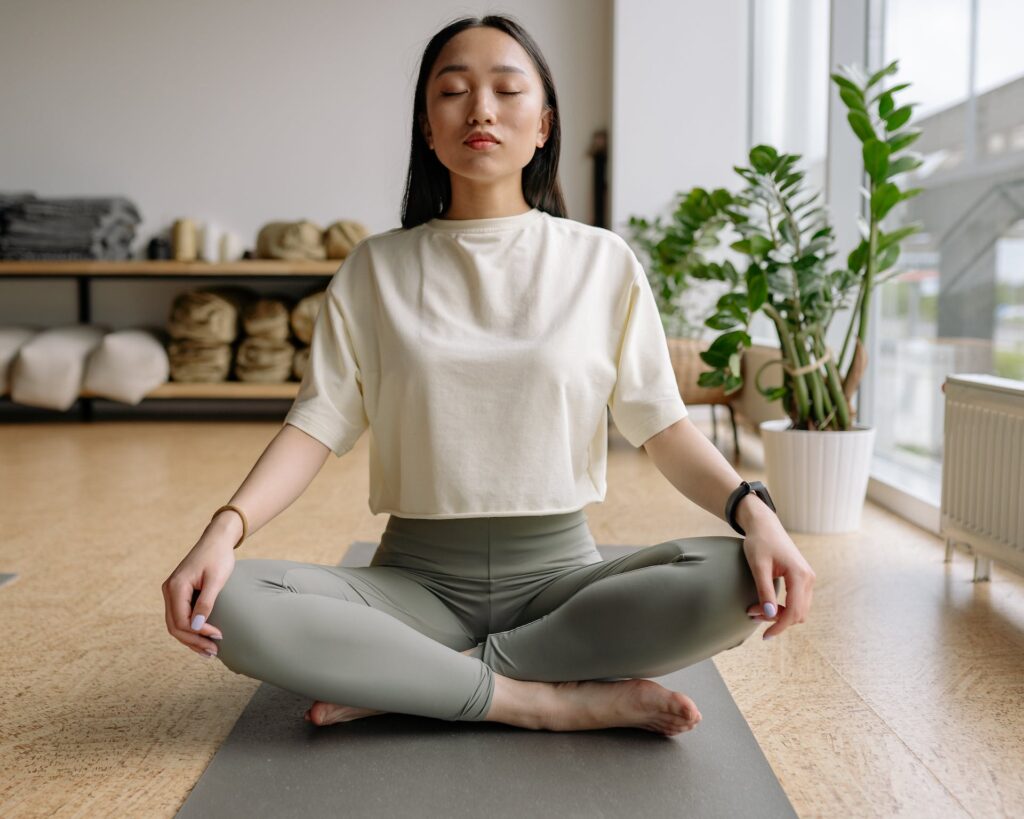In Need Of Slowing Down
If you, like myself, are part of the so-called generation Y (also known as millennials), then you may know what people mean when they say that the struggle is real. This article will cover the topic of self care for millennials by a fellow millennial clinical psychologist.
This proverb summarises the challenges of modern life that are often influenced by today’s competitive market and capitalism. We can see the impact of these influences on the increased speed of almost all processes in our daily lives, such as how often we move, how often we experience major changes in significant relationships, and how we define ourselves. On top of this, we put increasing demands on ourselves from the outside and inside, pushing a need for individualisation.
Putting aside my desire to comment further on modern society, my colleague Sören and I have observed one central problem pertaining to especially millennials like ourselves: the difficulty to experience the present moment with mindfulness and acceptance– an experience which would support us in finding sustainable ways to take care of ourselves.

When Sören and I first joined forces professionally and were sharing ideas about what people might need from us as psychotherapists, we quickly realized that the easiest way for us to find out was by looking in the mirror and identifying our own daily struggles. The previously mentioned challenges regularly prevented us from sleeping and so we chose one approach. This was to find a way back to calm, which for us, began with a mindfulness practice. Jon Kabat-Zinn defines mindfulness as a moment-by-moment awareness of the present with an attitude of non-judgement, acceptance and kindness.
Interestingly, our personal path towards developing a self-care practice started by recognising our own suffering, and realising that when you suffer because things get too much, too loud, too hectic, too complicated and so on, one very intuitive decision could be to get rid of things and minimise instead of looking for something “more“.
Some people may have mindful moments after a stressful week, when they find themselves next to a lake or in the forest, and suddenly (in the quiet) they find themselves again. Your mind calms down, your senses become more attuned and you possibly gain some perspective.

In mindfulness, the basic assumption, that comes from Buddhist philosophy, is that suffering is part of the human experience. The way out of this suffering can be to find quiet and focus the mind by learning to observe the present moment. This is in contrast to thinking about 10 things at the same time, where usually 90 percent belongs to the past or the future – completely out of our control. When we view our experiences with this present moment, we can become better at knowing what is helpful and unhelpful for our wellbeing – and possibly make better choices for ourselves.
The ways we teach mindfulness during psychotherapy are very simple. We first try to inspire our clients to learn how to focus their attention on their breathing. Usually, in the beginning this is relatively difficult because thoughts come up and distract us from focusing on the breath. However, with repetition and training, we can learn how to focus our mind on one thing better and better. After this, we teach different techniques on how to ground ourselves and settle in our bodies, which in turn helps us regulate our emotions. One great thing about all those techniques is that they can be practiced anywhere and at anytime, and without any external tools. The only thing you need is yourself. You have everything you need within you already.
In any way, focusing the mind and observing the present moment, for us, was also the first step to developing self-care. This is because we had to feel and understand what we needed before starting to change things, practices, behaviours, and so on. During hectic days, it is very common to lose a sense of our own needs self care as a millennial falls ever out of reach.
Sören and I discovered that as we trained the mind, so many new possibilities opened up to us, so much so that we decided that mindfulness is the main thing we would like to share through our psychotherapy work. To give clients a chance to explore for themselves how it feels to slow down and change the way they relate to their inner experiences and to practice just to be – in the present moment.
Our recommendation is to often ask ourselves the following questions:
- Did I cross a boundary to exhaustion during the last week?
- Did my head sometimes feel like it was wrapped in cotton?
- Did I prioritise work over self-care and being friendly to myself?
When the answer to these questions is yes, this often means we are stressed. Plus, our strategies to deal with this stress are not working.
When being honest, we all have this same experience: we often cross our own boundaries, which leads to imbalances. We try to ignore the signals until they become so “loud” or intense that we cannot ignore them anymore and are forced to slow down in one way or another. By better understanding our personal stress signals we can improve our capability to deal with stress.
A quote that is often used on AA meetings, called the “serenity prayer” actually summarises quite well what we are trying to learn. We changed it a little bit (by exchanging God to the self) in order to make it more suitable to our vision:
“Dear self; Grant me the serenity to accept the things I cannot change, Courage to change the things I can, And wisdom to know the difference.”
